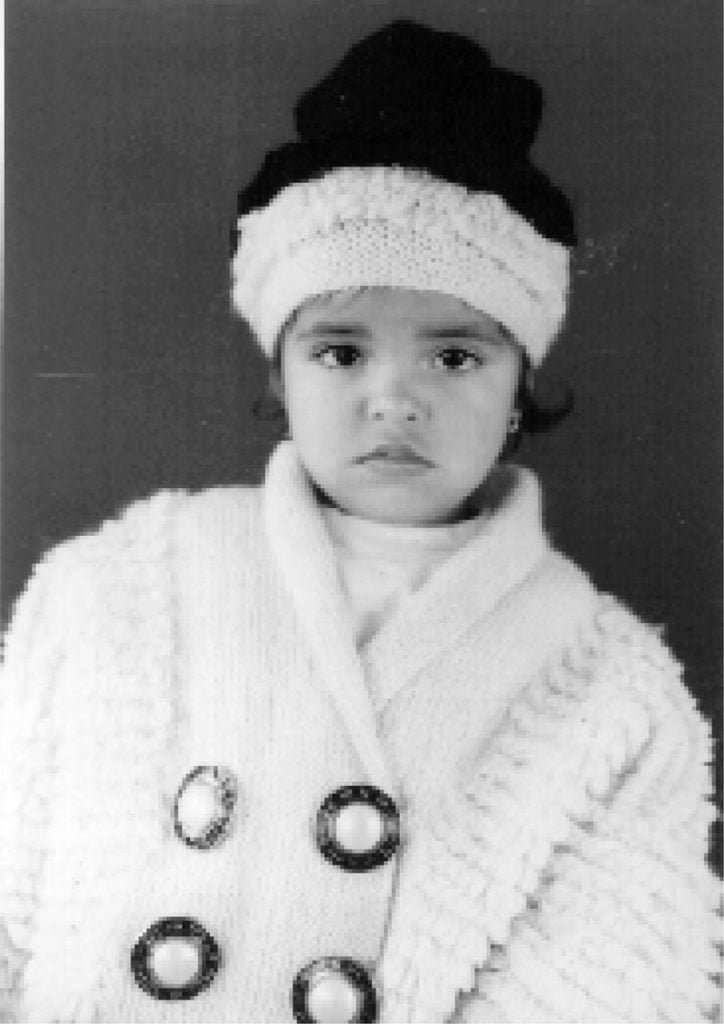If a child finds the three R’s boring, or fears going to school, it can’t be rated a crime. But yes, it is a aberration of mind that stems from ignorance and makes studies a burden for child. School, then, appears demonic. If parents and school authorities join hands, take cognizance of child’s needs and capabilities, and relate them with education, then child will surely turn to studies. Children pine for love and affection. With love they would readily do what they won’t with fear and pressure.
Anatomy of aversion for school
Eight year old Shivam is in tears. Throwing tantrums he shouts loud and clear—‘I will not go to school. No. Never!’
‘But why?’ poses Sangeeta—adjusting his tie.
‘It’s a dirty place. They call me rustic, and poor in spoken English.’ saying this Shivam flings open his tie. Upon this Sangeeta looses her cool, ‘It took me so long to get you ready. Now you have spoiled everything. Why this hulla-baloo daily while going to school?’ Saying this she slaps Shivam hard. There upon Shivam starts wailing loudly, and Sangeeta sits forlorn, with one hand resting on forehead.
Mind power
Mind is subject to development. Mind puts leash on erratic intellect and checks its going stray. Development of mind is education’s paramount objective. Where education is either a casualty, or a farce, intellect goes out of control and treads evil path.
—Gurudatt
The incident in foregoing is commonplace in families with school going children. A routine challenge of sorts for parents. But they must act with forebearance. Beating children and herding them for school does no good. Only those parents, say psychologists, mistreat children who fail to establish a dialogue with them. Guardians ought to remember that corporal punishment far from reforming children—stifles them.
Admission to best of schools and access to facilities of all sorts are no consolation for parents who feel that the desired results aren’t forthcoming. To add to this, children learn to play truant. They search for alibis in headache, stomachache and such like contrived ailments. Funnily, the moment they forgo studies, their pains disappear. Examples of this kind are plentiful. A little foresight can take guardians to the root of this problem.
Fast occurring positive changes in child must be recognised. Most parents knowingly ignore such changes while others don’t consider them significant. This, in effect, can instigate a child to renegade.
Environment, doubtless, impacts a child enormously. Kins folk, friends and neighbours constitute this environment. If householders are erudite and morally inclined, the child in bound to be influenced favourably. So also when relatives do well in business and examinations. When parents felicitate their children for their (children’s) creativity and educational exploits, the youngsters feel redeemed and rewarded. Sadly though, many a families deem children’s education as little more than mundane affair.

What their children study, why they go to school or college, and what is the status of their academic pursuit—most parents would rather avoid going into these areas. They are content merely with their ward’s admission to a reputed school. And when the ebullient youngsters come in flying colours, anticipating guardian appreciation, parents appear phlegmatic. This deflates a child and makes him disgruntled.
Lackadaisical approach to studies
Parents, generally, tend to force their will on little ones. They have a fetish for their own likes and dislikes whereas children by nature enjoy learning by trial and error. Children are loathe to spoon feeding and believe in their own discretion. It is this tug of war that reflects in their remorse towards studies. Another reason for this lies in their child’s inborn intellect and demeanour. Level of intellect varies from child to child. Some children have artistic bent of mind, others pine for creativity or for science and technology. Some parents force their children into subjects of their (parent’s) liking. So much so, they make it a prestige issue for their family and self. They brag about saying their son would either be an IAS or an engineer. Or that, their daughter would be no less than a Medical Doctor. Such ostentations create hurdles between child, parents and ethos of learning.
In many a cases genetic factors play a deciding role. Children coming from conservative families have an I.Q. of lower level. Whereas those coming from erudite and progressive background, are blessed with sharper intellect. Children from elite families feel easy in their intellectual pursuits and are more successful as compared to the bourgeois.
Change of place
Working couples, and those in transferable jobs may shift places frequently. This creates problems for kids leading to their lack of interest in studies. Because a new environment is stress for children, to which they must adjust in course of time. During this interlude, emotional support from parents in vitally important. Because not only children, but even grown ups get attached to the place of their dwelling, and change there of creates substantial difficulties for them. Location of house, its peculiar smell, interior decoration, sounds and serenity of place become part of our consciousness. Change of place removes them all in one stroke—and hence proves stressful.
Difference in atmosphere at home and at school
Ambiance at home differs radically from that of school. Psychologists designate this chasm as cultural shock. When a child leaves a familiar environment, and steps on to a new and unknown arena, he feels sad, lost, and low on self confidence. For one maverick at home, enforced discipline of school appears devilish. Thus child becomes a misfit of short, and develops aversion toward school and academic activities.
Ergo, parent on transfer must adjust to new environs as fast as possible. They should endeavour to restore erstwhile homely ambiance in their new found residence. This will significantly reduce cultural shock in family membership. Care, affection, and homely comforts come handy in adjustment of children to their new academic environs. Significantly, children shouldn’t miss out on convenience they enjoyed in their previous home. Parents’ behaviour too should remain consistent following their transfer to a new place.

How teachers should behave
Next to parents and guardians, it becomes of teachers to arouse in children a liking for their studies. Many a times teachers are callous with children forgetting that child’s dignity and self respect is no less than their own. If hurt, children turn against establishment.
Schools serve to facilitate learning proactively—and make it an enjoyable experience. For his needs at home a child looks to his guardians. At school level, teacher is child’s ideal provider. For his pupils, teacher represent community and country as a whole. A teacher’s conduct and diatribe can infuse life even in dull students.
Some teachers have a fetish for assigning names to their pupils, and passing comment on their looks and appearance. Some go the extent of reviling their parents and family. On the other hand some teachers are biased—in favour of brighter students—and against rest of the class. Such aberrations make students indifferent towards their studies.
Should such problems befall their children, parents should focus attention on their class work on a day to day basis. If you gather impression of teacher’s misdemeanour, contact school authorities, or the concerned teacher, and explain your stand most politely. If that doesn’t solve your problem, find another school for your child. No doubt it would entail difficulties, but those are preferable to stifling environment of illmanaged school. Your child means a lot to you, so, look after him/her well. Give all care and affection which they justly deserve, and keep a watch on their teachers, friends and academic affairs. Their misconceptions and misdemeanour should be corrected instantly. But needless interference in their work should be avoided. This done, be sure, your child will perform well and win laurels for you.
Is tuition necessary?
As of now, tuition has become an inseparable part of student life, even as it does little of positive help. If tuition helps with school homework, it creates yet another ‘home work’ which child must do on his own. Thus, in effect, it adds to home work. If child is relieved of school teacher’s rod, tutor is there to intimidate and pressurise the child. In other words, fear of education persists, and child is forever perturbed. Tuition was infact intended to guide and to help students. But ground realities tell a different story. Hence role of parents in such a scenario becomes significant. No doubt you did your bit to help your ward by hiring a tutor. But, if desired results are not forthcoming, you should personally look into the matter and take keen interest in your children’s curricular activities.
Remember
❑ Children’s mind and heart are like wet malleable clay. These can be moulded into any shape. Hence seeds of acrimony like discrimination on basis of class, colour, cast and creed, haves and have-nots, shouldn’t be sown in their fertile consciousness.
❑ Teachers must check out their own behaviour. They are role models for their pupils. Ergo, if their own conduct is suspect, children will derelict in practice as well as perception.
❑ Teachers would do well to keep their pupils separate from societal and financial status of their respective guardians. Otherwise their perspective would be lopesided and therefore inimical to their psyche.
❑ Parents too need to have reverence for the institution of schooling. For then alone will their children have respect for their academics. Parents must prevail on their wards to be regular and punctual for their school—right from the very beginning.
❑ I remained busy
Searching for a suitable toy
And the tiny tots
In the mean while
Had grown-up.
